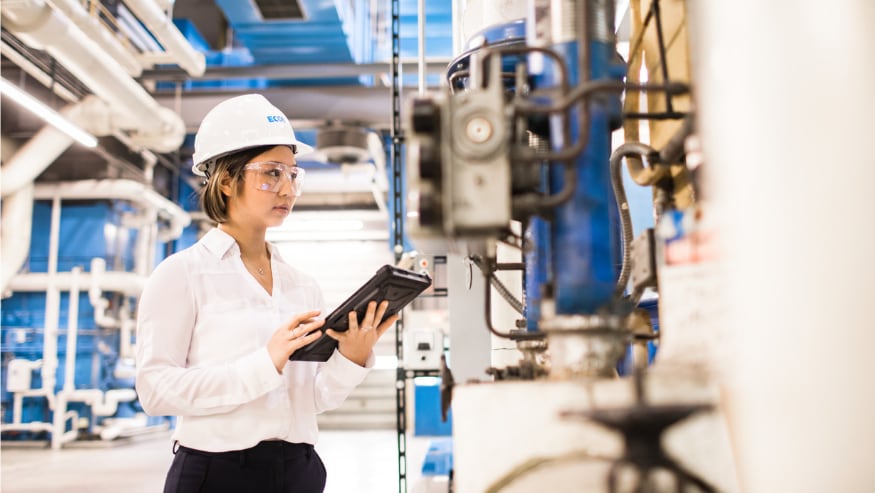Ecolab Extends Collaboration with Microsoft to Help Enhance Water Data Visibility

The World Resources Institute (WRI) projects that, under a business-as-usual scenario, the world will face a 56% freshwater deficit by 2030, placing urgent pressure on businesses to rethink the way water resources are managed.
The next several years present a crucial time to make a positive impact and set an example of sustainability leadership. One way to do this is through collective action.
Ecolab and Microsoft have extended their collaboration with the aim to help organizations accelerate their sustainability progress with enhanced visibility of water consumption data.
“As companies look to save on costs while driving profitable growth using fewer natural resources – they must prioritize water," said Christophe Beck, Ecolab’s chairman and chief executive officer. “By partnering with Microsoft and using our joint water data capabilities, we can help companies achieve their climate and business goals all at once.”
Enhancing water data visibility to help accelerate sustainability progress
Together, Ecolab and Microsoft plan to help:
- Unify water and sustainability data: Centralize water consumption data and integrate it with other environmental, financial, and operational data, which will lend to improved reporting and help organizations manage progress against goals with Microsoft Cloud for Sustainability and ECOLAB3D™
- Reduce water consumption and costs: Maximise efficiencies and reduce water usage at the site level and enterprise-wide with actionable intelligence and outcome-based water solutions tailored to industry scenarios
- Identify energy consumption and greenhouse gas emission savings opportunities: Use digital technologies to help link water efficiencies with energy savings and reduced greenhouse gas emissions – this water-energy nexus is the relationship between the water used to generate and transmit energy and the energy required to move, cool, heat, and treat water
- Drive transformation that benefits the planet and business: Cultivate sustainability and business intelligence to inform more effective, value-based decisions that help organizations reduce their environmental footprint, manage risk, and grow and scale their operations
"Many organizations are looking at how they can better manage their water consumption to become more sustainable," said Judson Althoff, Microsoft's executive vice president and chief commercial officer. "Through our partnership with Ecolab, we are combining the power of Microsoft's Cloud for Sustainability and Ecolab's digital platform capabilities to help organizations better monitor and manage their water data and accelerate their sustainability goals".
Harnessing powerful commitments and experience to drive impact at scale
Ecolab is committed to achieving a net positive water impact in its operations, with goals to restore more than 50 percent of its water withdrawal at high-risk sites by 2030 and reduce its water impact by 40 percent per unit of production across its enterprise.
The company is also committed to helping its customers reduce their water use, energy use, and greenhouse gas emissions. They recently launched the Ecolab Water for Climate™ programme, which offers holistic solutions including auditing, consulting, engineering, connected chemistries, and digital solutions to help support reduce, re-use and recycle water strategies across an enterprise.
Microsoft intends to be water positive by 2030, replenishing more water than they use.
In addition to continuing their water stewardship work across their operations, the company is focused on new ways to harness the power of technology, partnerships, investments, and policy to drive impact at scale and pace to help the world more effectively address water availability and accessibility
To learn about Microsoft’s water and other sustainability commitments, read their annual sustainability report.


